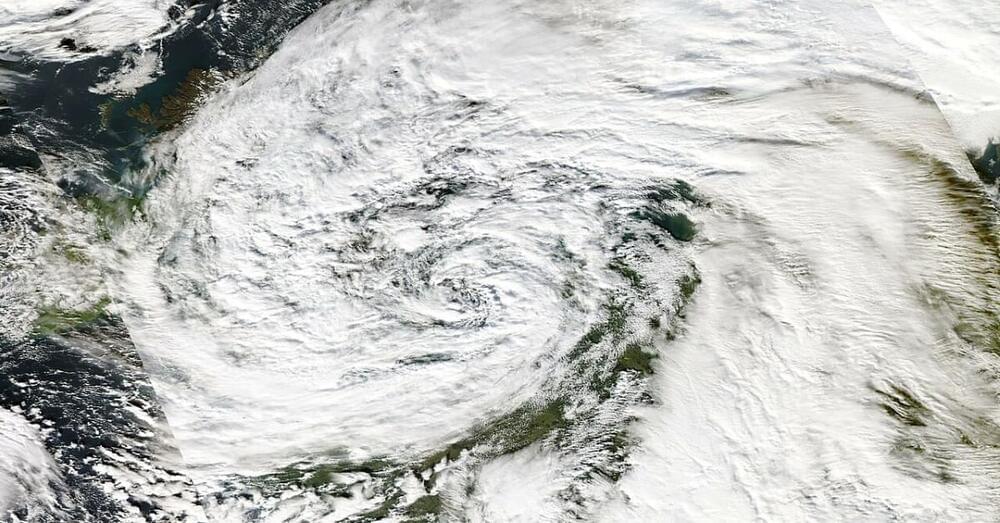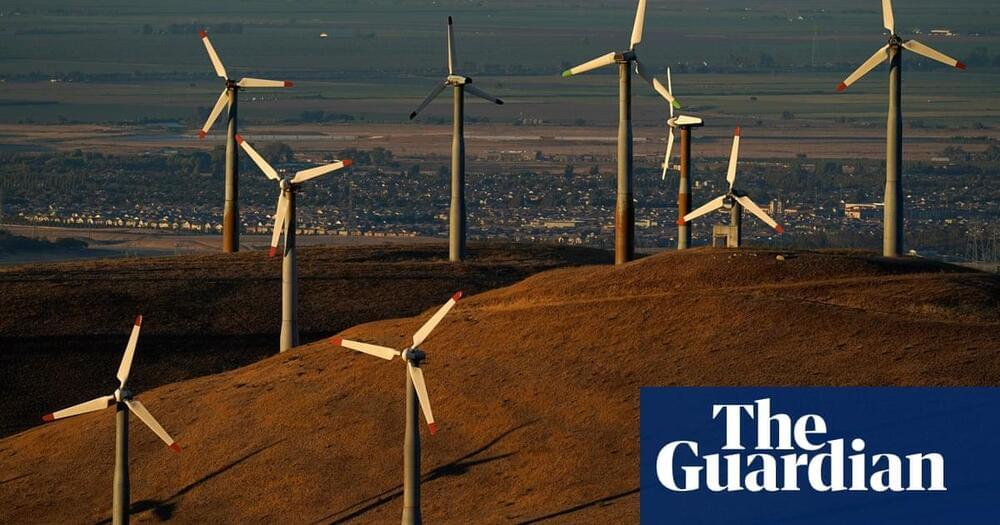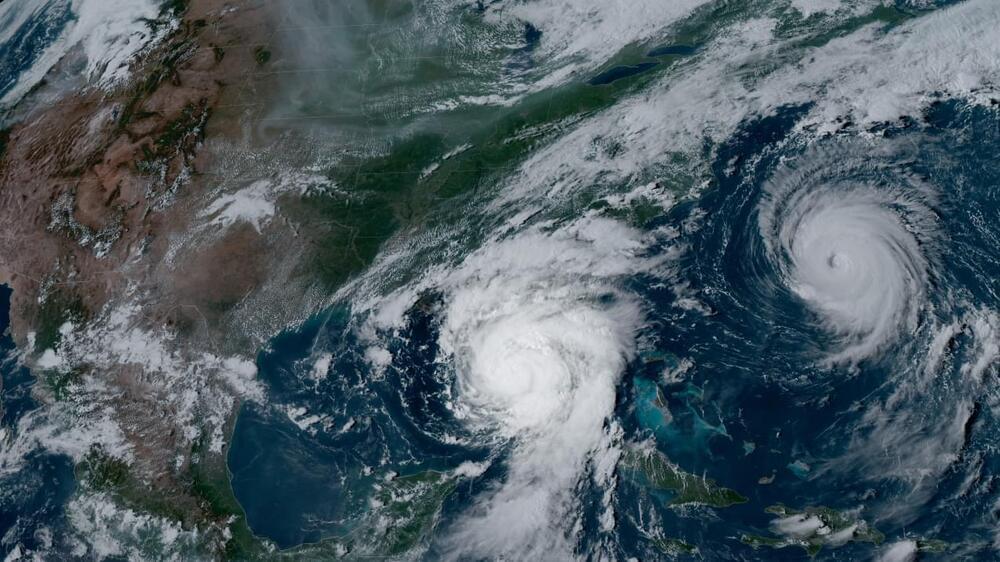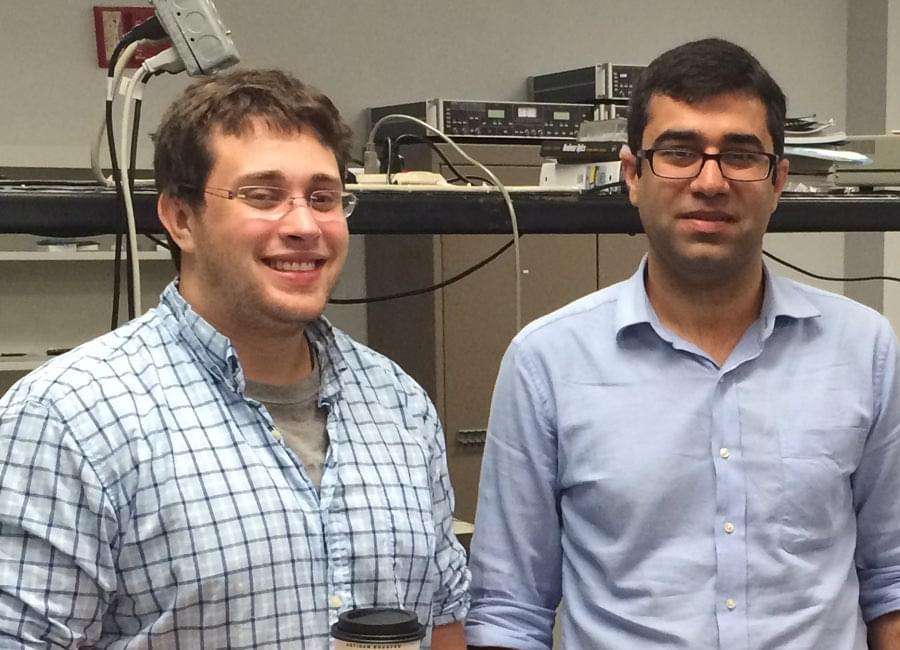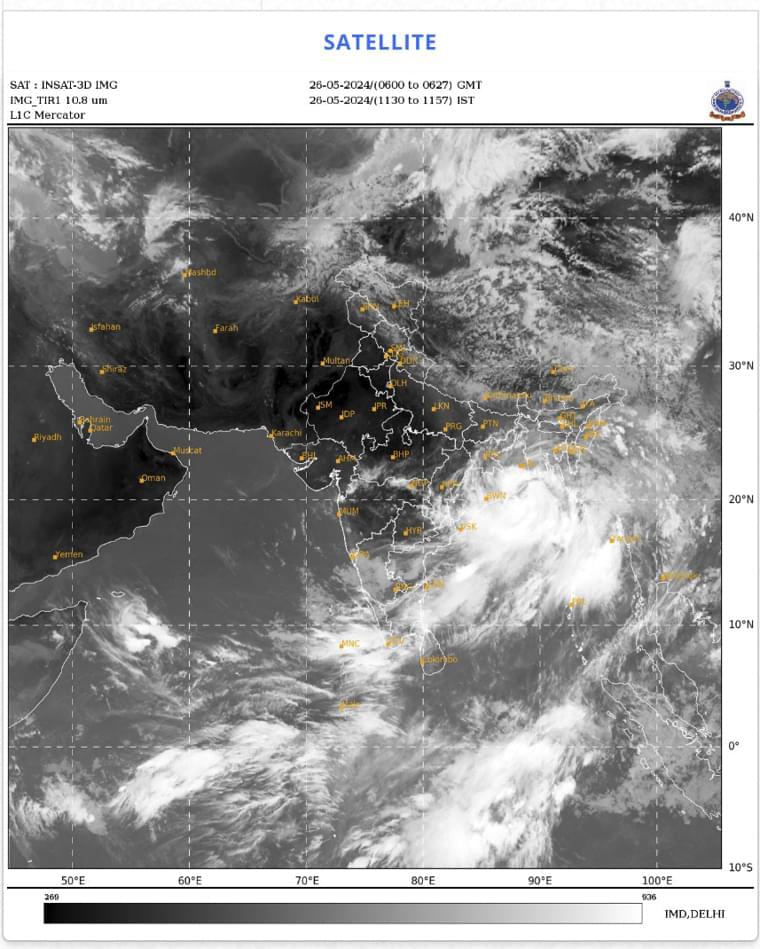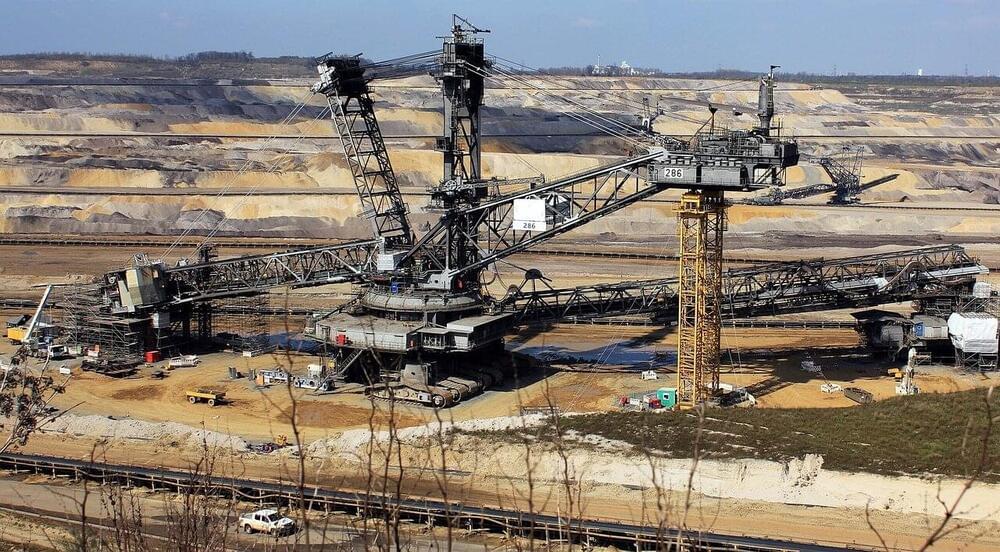“Sharper images at visible wavelengths like those provided by SHARK-VIS and LBT are essential to identify both locations of eruptions and surface changes not detectable in the infrared, such as new plume deposits,” said Dr. Imke de Pater.
Can ground-based telescopes obtain the same image resolution of planetary objects as space-based telescopes, or even spacecraft directly orbiting other worlds? This is what a recently submitted study to Geophysical Research Letters hopes to address as a team of international researchers investigated volcanic activity on Jupiter’s innermost Galilean Moon, Io, using a high-resolution ground-based telescope. This study holds the potential to help researchers gain insights into Io’s volcanic activity along with developing new methods in studying planetary bodies throughout the solar system using ground-based telescopes, as well.
For the study, the researchers used the SHARK-VIS instrument on the Large Binocular Telescope (LBT), which is located on Mount Graham in southeastern Arizona, to analyze images of Io obtained in January 2024 with the goal of learning more about the geological processes responsible for Io’s incredible volcanic activity, specifically tidal heating, as Io is the most volcanically active body in the solar system. in the end, the team was able to identify recent resurfacing events, specifically how volcanic eruptions from one site is covering another volcano on Io.

